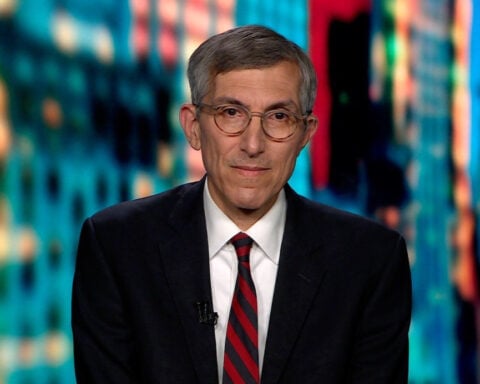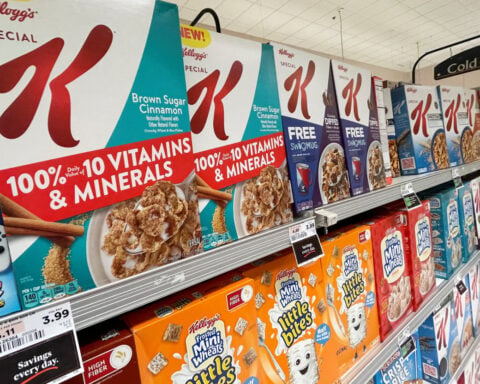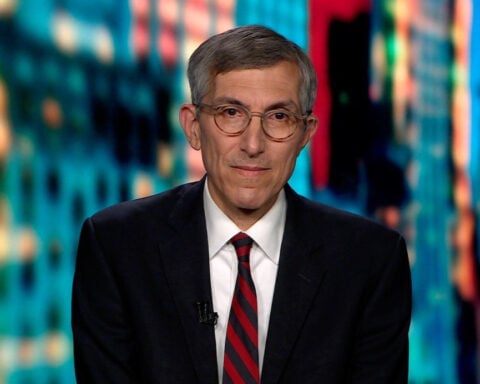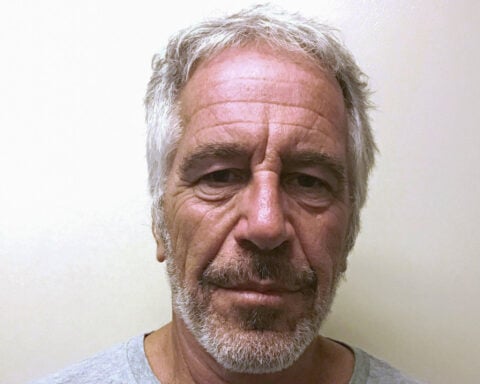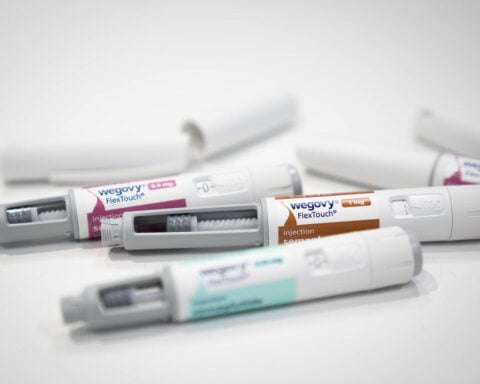Artificial sweeteners have been marketed for years as a healthy sugar replacement that will allow consumers to continue enjoying sugary tastes while reducing their exposure to obesity and diabetes dangers. New study raises worrisome issues about the possible dangers of artificial sweeteners, yet the debate over their safety continues to go on.
Evidence relating non-sugar sweeteners to health issues including cardiovascular disease has led to the World Health Organization advising against their use for weight reduction or blood sugar management.
The WHO’s cancer research arm also classified the popular sweetener aspartame as “possibly carcinogenic to humans.” While the food industry stands by artificial sweeteners as safe, scientists argue too little is known about their effects on the human body and gut microbiome. “We know enough to know that we don’t know enough,” says Dr. Dana Small, a psychiatry professor at McGill University. “The feelings of safety around artificial sweeteners are not warranted.” The stakes are high as food manufacturers rely increasingly on artificial sweeteners to reduce sugar and calories in thousands of products. But new research and shifting consumer attitudes pose challenges.
With intense sweetness hundreds of times stronger than sugar, artificial sweeteners like sucralose and aspartame have transformed food manufacturing. Everything from diet drinks and yogurts to breads and sauces now include artificial sweeteners like Splenda, Equal, and NutraSweet. But major issues have dogged artificial sweeteners ever since saccharin, the first mass-produced one, was released in the late 1800s. Warning labels became obligatory after research in the 1970s linked saccharin to bladder cancer in laboratory animals.
While saccharin was eventually delisted as a carcinogen, new doubts have resurfaced. In a 2020 study, Dr. Small found sucralose impacted metabolism when consumed with carbohydrates, suggesting potential harm for people with diabetes. The recent WHO report scrutinized sucralose and three other prevalent sweeteners, uncovering possible connections to adverse health effects. And the agency deemed aspartame “possibly carcinogenic,” though evidence remains limited.
Experts say the jury is still out, with some studies indicating health risks but others finding minimal impacts. “It’s difficult to definitively say whether sweeteners cause these conditions,” explains Dr. Jotham Suez, a public health professor at Johns Hopkins University. More research is imperative to clarify artificial sweeteners’ complex biological effects.
Much recent anxiety around artificial sweeteners centers on their influence on gut bacteria. In a 2019 study, Dr. Suez discovered that sucralose, aspartame, saccharin and acesulfame K all affected gut microbiome composition. “We know the gut microbiome plays major roles in metabolic health and cancer formation, so that’s very concerning,” says Dr. Suez.
But skeptics like nutrition expert Dr. Duane Mellor argue the clinical significance is unclear since microbiome changes were minor and temporary. Still, scientists agree more research is critically needed, particularly on potential individual biological differences. “It’s personalized,” explains Dr. Suez. “Each person’s unique microbiome makeup may make them more or less susceptible.”
While the food industry remains confident in product safety, consumer wariness is prompting companies to adapt. With perception driving sales, manufacturers are reformulating products using “natural” sweeteners like stevia and monk fruit extract. “The perception is that natural is better,” says Kavita Karnik of ingredient supplier Tate & Lyle. But scientifically, she stresses, artificial and natural sweeteners are equally safe.
Still, negative headlines have led companies like PepsiCo to switch from aspartame back to more accepted sweeteners. Nestlé, meanwhile, has developed new sugar-reduction technology that preserves taste while generating gut-healthy fiber. Reducing sweetness overall is another strategy, using techniques such as enzymatic processing. But balancing public health and profitability poses dilemmas for food manufacturers.
Sugar taxes and obesity concerns drive demand for low-calorie alternatives. Yet sweeteners’ potential impacts remain uncertain. “We should regulate sugar, but keep monitoring sweeteners too,” says researcher Dr. Natalia Rebolledo.
With evidence growing that artificial sweeteners can impact metabolism and gut bacteria, experts like Dr. Small argue that further research is critical, particularly large-scale human studies. Dr. Rebolledo hopes the WHO reports will open doors to funding. But exploring each sweetener's distinct mechanisms won't be simple. "We are not there yet," she says.
Nonetheless, scientists say current knowledge warrants caution. Dr. Small prohibits her young son from consuming artificial sweeteners, a rule growing more difficult as they are added to more products.
But curbing sugar intake also remains important. "It’s also unhealthy to overconsume sugar," notes Dr. Small. Finding the right balance with sweeteners will require substantially more rigorous science. For now, the controversy seems guaranteed to continue. But unraveling sweeteners’ true health impacts will be vital to guide informed choices that balance indulgence and well-being.

 Trump has begun another trade war. Here's a timeline of how we got here
Trump has begun another trade war. Here's a timeline of how we got here
 Canada's leader laments lost friendship with US in town that sheltered stranded Americans after 9/11
Canada's leader laments lost friendship with US in town that sheltered stranded Americans after 9/11
 Chinese EV giant BYD's fourth-quarter profit leaps 73%
Chinese EV giant BYD's fourth-quarter profit leaps 73%
 You're an American in another land? Prepare to talk about the why and how of Trump 2.0
You're an American in another land? Prepare to talk about the why and how of Trump 2.0
 Chalk talk: Star power, top teams and No. 5 seeds headline the women's March Madness Sweet 16
Chalk talk: Star power, top teams and No. 5 seeds headline the women's March Madness Sweet 16
 Purdue returns to Sweet 16 with 76-62 win over McNeese in March Madness
Purdue returns to Sweet 16 with 76-62 win over McNeese in March Madness

